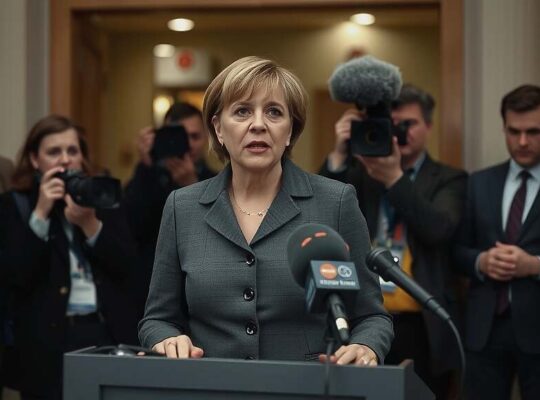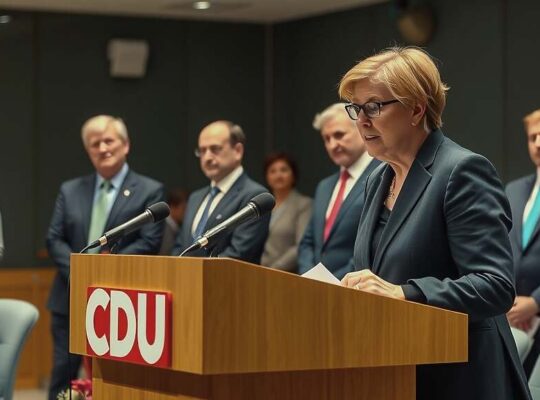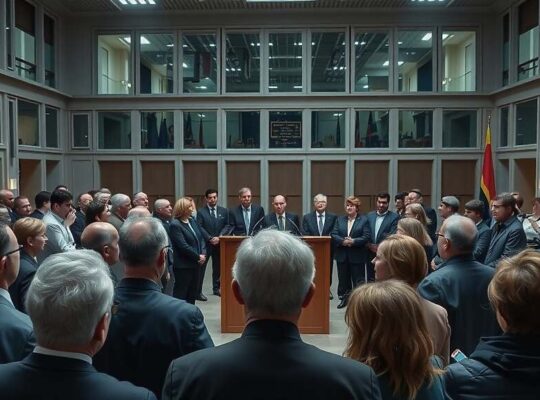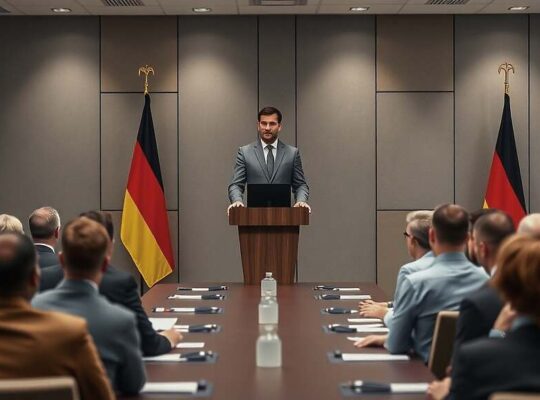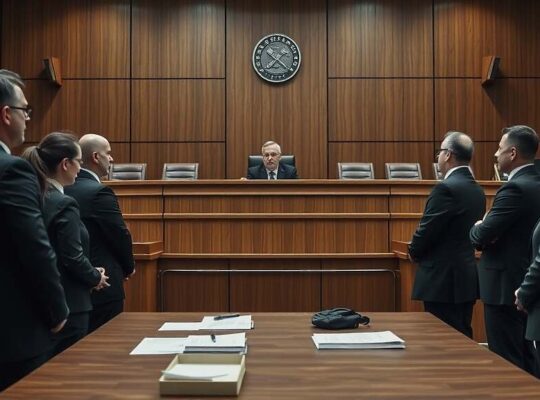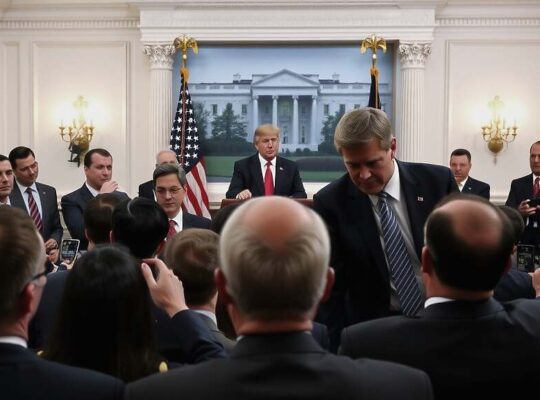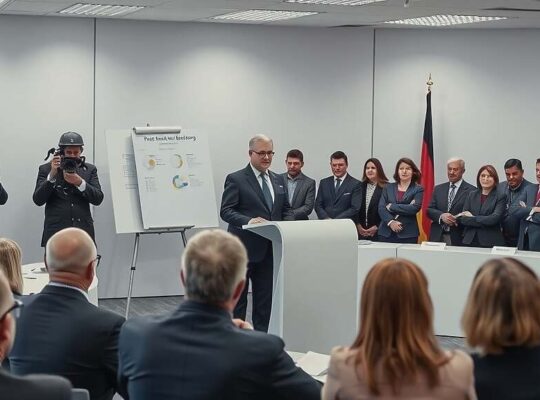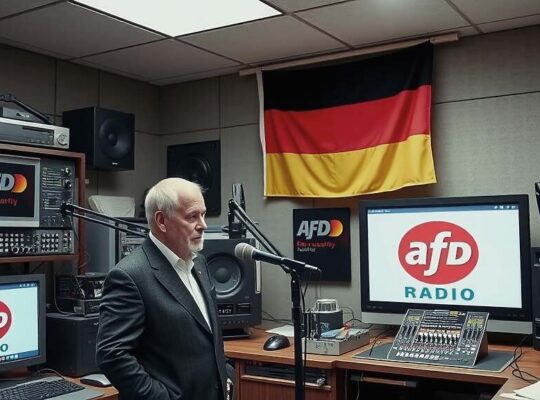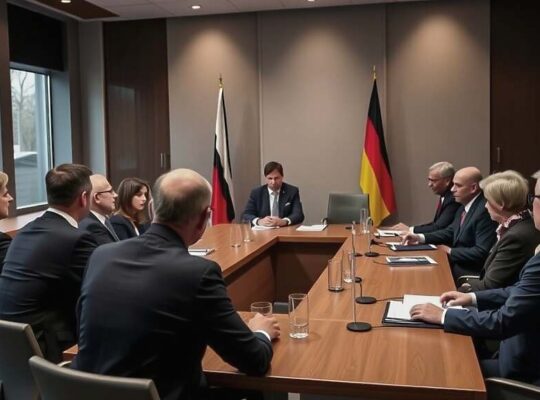Internal divisions are emerging within the Christian Democratic Union (CDU) as the party prepares for a crucial executive retreat, centering on the fraught issue of engagement with the Alternative for Germany (AfD). While speculation had circulated regarding a potential softening of the CDU’s stance towards the far-right party, deputy federal chairman Andreas Jung has emphatically denied any shift in policy, asserting that the meeting will instead focus on strategies to more effectively “combat” the AfD.
Jung’s statement, delivered to the Tagesspiegel, underscored the fundamental incompatibility between the CDU’s “society-oriented policies and political approach as a people’s party in the centre” and the “extremist tendencies” exhibited by the AfD. This rebuttal follows a debate, initially sparked by former CDU General Secretary Peter Tauber, concerning a potential dismantling of the so-called “firewall” – the CDU’s established policy of maintaining distance from the AfD.
The debate has triggered strong reactions within the party. Dennis Radtke, head of the CDU’s labour wing, criticized the discussion surrounding the firewall itself, arguing that it distracts from addressing the underlying issues the AfD exploits. “I find it fatal that we are discussing the firewall instead of the fire it is meant to protect” he stated.
Foreign policy expert Roderich Kiesewetter warned that any move towards accommodation with the AfD would constitute “self-destruction” for the CDU, emphasizing the need to “finally have the courage to represent our Christian democratic values and beliefs clearly” and resist being swayed by opinion polls or extremist factions. Thomas Röwekamp, Chairman of the Bundestag’s Defense Committee, echoed this sentiment, advocating for a stronger commitment to directly confronting the AfD on substantive issues.
While some voices, such as Brandenburg’s CDU state leader Jan Redmann, argue for pragmatic political maneuvering and the ability to forge coalitions regardless of ideological alignment, dismissing the “firewall” as a tool used by the political left to discredit any position to the right of the center, this view appears to be in a minority. Redmann’s stance, suggesting the CDU should prioritize “following our course and tackling problems” irrespective of the AfD’s support, highlights a tension between pragmatic coalition-building and maintaining ideological boundaries.
The internal debate underscores a deeper struggle within the CDU – a conflict between the desire for broader appeal and the imperative to uphold core values in a fragmented political landscape. The outcome of the executive retreat will be a significant indicator of the CDU’s long-term strategic direction and its commitment to resisting the influence of the AfD.



